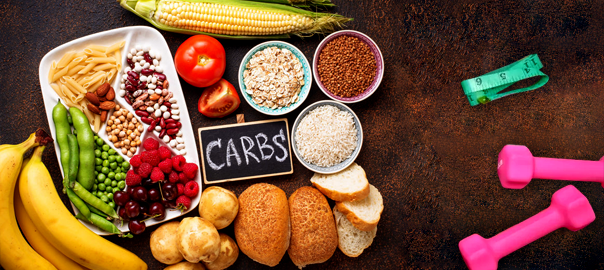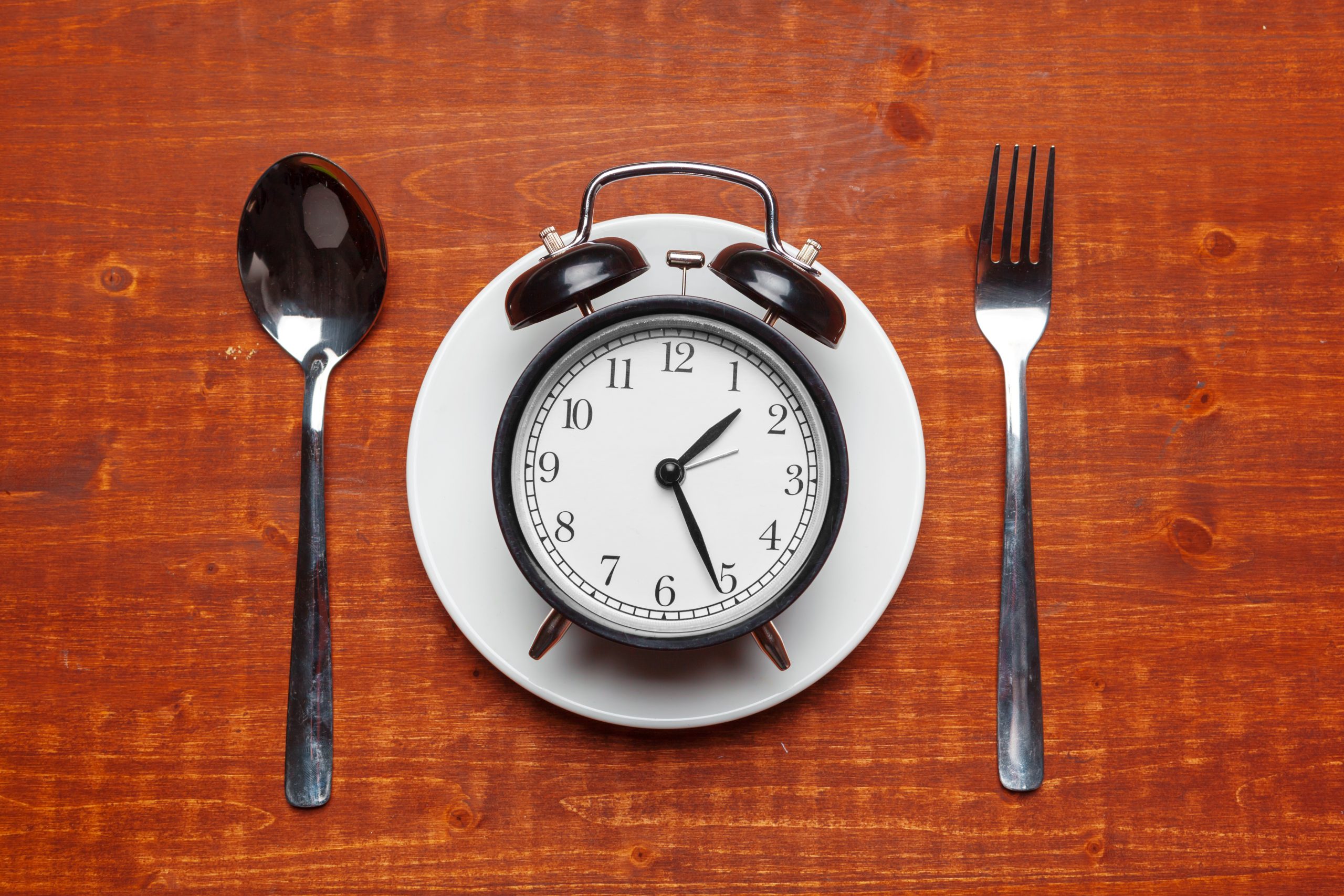Medically reviewed by Dr. Unsa Mohsin.
Did you know that carbohydrates are called energy suppliers? Well, if you didn’t then you do now. These macronutrients are ideal in supporting brain function, muscles and the rest of the organs. They are the sugar, fibers, and starches commonly found in vegetables, fruits, grains, and other dairy products.
You might have an idea of carbohydrates because of their popularity on social media as that “annoying macronutrient” that contributes to obesity. But, are carbs really as bad as people label them to be? Let’s find out ahead!
Carb on Carb – the difference between simple and complex carbohydrates
Talking about carbs leads us to distinguish between two kinds- simple and complex. These carbohydrates tend to affect the body differently.
Simple Carbohydrates
These carbs are present in flour, white sugar, sweets, cold drinks, etc. Therefore, they are popularly known as “empty calories”, because they give no benefits to the body except for their taste. Contrary to complex carbohydrates, these carbs immediately absorb into the blood and provide energy. This leads to your blood sugar rising rampantly but it also crashes just as fast making you feel lazy and wanting more food.
Complex Carbohydrates
Complex carbohydrates, on the other hand, have a lot of benefits for your body. They absorb much more slowly than simple carbs. Therefore, the blood sugar rises gradually making you feel full longer. These carbohydrates are found in corn, rice, whole-grain products, lentils, beans, etc.
Busting out the ‘carbs make you fat’ myth
Growing up, we have all heard from various people that “carbs are bad for your body” or “stop eating carbs to lose weight”. But, in reality, any food can cause you to gain weight if you overeat. Whether your diet is high in carbohydrates, proteins or fat if you constantly consume more energy than your body uses then you will obviously put on weight.
Moreover, this myth also exists because a lot of people lose weight when they cut down on sugars or bread. But, they don’t realize that it is not because they have eliminated all carbs but the reason is that they have cut down on higher calorie foods. So, if carbs are taken according to the body’s need then they are actually pretty beneficial. Therefore, start eating carbs according to the needs of your body and ignore these myths by using some noise-canceling earphones!
The ‘Carb-Rich’ food list and how much should you eat
The first step to count carbs is to know which foods contain them. Here are a few examples where you will find most carbs:
- Dairy: Yoghurt, milk, and ice-cream
- Grains: Cereal, crackers, rice, and bread
- Legumes: Beans
- Sweets: Candy, desserts, and soda
- Fruits: Fruit juices and whole fruits
- Starchy Vegetables: Corn and potatoes
It is recommended to consume 45-65 percent of your daily calories as carbohydrates. That means on a 2000- calorie diet that is from 225-325 grams. But, the amount can increase/decrease according to your weight, height and the amount of physical activity in your life. This is a carb calculator that will help you figure out the number of carbs you need in your life and the amount that you will have to bid farewell to!
Start calculating the number of carbs you need and stop following fad diets that ask you to disdain a particular nutrient. Enjoy your life, eat a bit of sweet (don’t overeat) and stay healthy!
Guest post Credits: Asma Qadri






